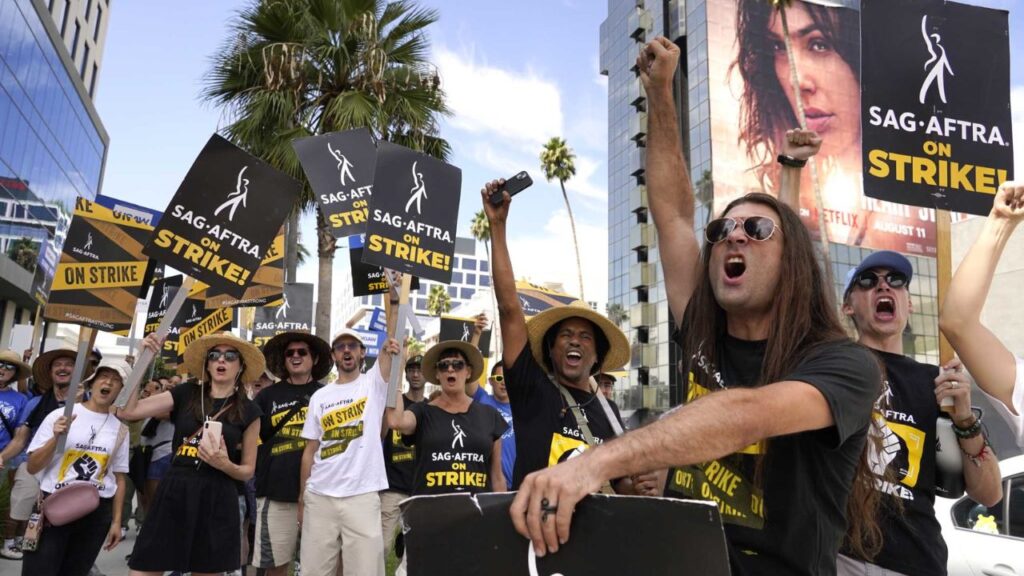SACRAMENTO, Calif. — California’s Governor, Gavin Newsom, has vetoed a bill that aimed to provide unemployment benefits to workers on strike. The decision, despite Newsom’s support for labor unions, was motivated by the state’s precarious financial situation.
The unemployment benefits fund is already in debt by over $18 billion, primarily due to the economic challenges posed by the COVID-19 pandemic, which forced the state to borrow from the federal government. Rampant fraud during this period further strained the fund’s resources.
The proposed bill sought to grant unemployment checks to workers involved in strikes lasting at least two weeks, a departure from the usual eligibility criteria reserved for those who lost their jobs through no fault of their own.
Proponents argued that the number of strikes meeting this two-week threshold was minimal and would not significantly impact the state’s unemployment trust fund. Out of 56 strikes in California over the past ten years, only two extended beyond two weeks, as reported by Democratic state Sen. Anthony Portantino, who authored the bill.
Critics of the veto, including Lorena Gonzalez Fletcher, executive secretary-treasurer of the California Labor Federation, argued that it favored corporations over workers and infringed upon workers’ right to strike. The bill was primarily intended to support striking Southern California hotel workers and Hollywood actors and writers who had been on strike for an extended period, with the writers’ strike ending in late September.
In addition to the existing debt, the Newsom administration acknowledged that the unemployment fund was not generating enough revenue to cover its obligations. Funding for these benefits is derived from a tax levied on businesses for each employee, but this tax has remained unchanged at $7,000 per worker since 1984, the lowest amount allowed under federal law.
Despite this, unemployment benefits have increased. The administration projected a $1.1 billion deficit in benefit payments compared to tax collections, an unusual occurrence during a period of job growth, according to the nonpartisan Legislative Analyst’s Office.
While lawmakers could attempt to pass the bill despite the veto, historical precedent suggests that overturning a governor’s veto in California is a rare occurrence.


